Immerse your students in the real scientific process!
Designed for Years 7 & 8 to investigate the scientific method in detail, this workshop introduces and expands a variety of core scientific principles:
- forming a hypothesis
- identifying variables
- fair testing
- experimental design and reporting
- critical thinking and problem solving
These 5 elements are essential for students to plan and undertake their own first-hand investigations as well as evaluate their results correctly, regardless of what unit of work they are studying!
Use this workshop to help students understand the core components of scientific literacy as well as kick-off their entry into high school science.
Online Class Version
We’ve run live interactive distance programs since 2010 and are highly experienced in making online classes engaging for students on a variety of web conferencing platforms.
- All of the activities listed below will be covered during the conference.
- Upon booking, you will receive a PDF outlining the materials that you can have on hand to make the workshop more interactive. It’s not a problem if you can’t source all of the materials, as we’ll have these on hand for the workshop
- Full child protections are in place
- We usually connect to classes & homes via Zoom, however if you wish to use a different software we can work with you on getting the connection live.
If you connect with us via Zoom
- Full system requirements for Zoom here
- Each student should test their Zoom connection here.
- Once the date & time is arranged we will send you simple connection instructions (one click & you’re in!)
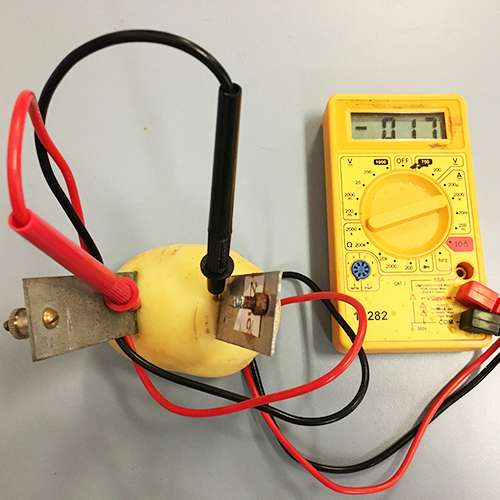
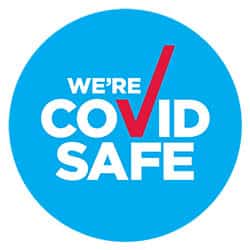














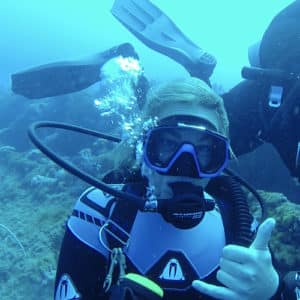
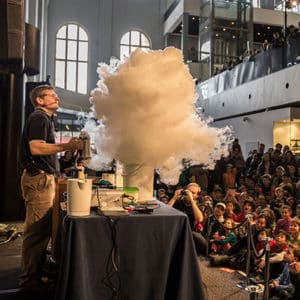
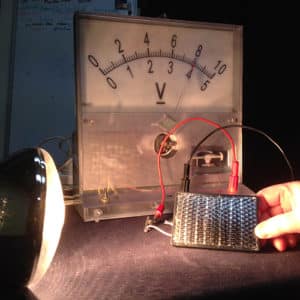




I just wanted to pass on how much the staff and students really enjoyed it and how perfect it was to launch our science week activities. The students were enthralled, educated and entertained – a perfect trifecta!
-Caulfield Grammar School – Big Science Big FunThanks so much for presenting at our school on Monday. Our students enjoyed the show.
-Greenvale Primary School – Big Science Big FunFizzics Education curated a thoughtful and hands-on experience for the children, incorporating practical, skill-based learning activities and followed by a science presentation at the end of the event involving liquid nitrogen. This was delivered safely and effectively, capturing both the children and the parents for the duration of the presentation.
-Macquarie Bank – Family Fun DayFizzics Education ran a show today at our school and it was wonderful. He was a great facilitator and the show was age appropriate and well done.
-Mount Zion Early learning centre – Little Science Big FunI just wanted to pass on how much the staff and students really enjoyed it and how perfect it was to launch our science week activities. The students were enthralled, educated and entertained – a perfect trifecta!
-Caulfield Grammar School – Big Science Big FunThanks so much for presenting at our school on Monday. Our students enjoyed the show.
-Greenvale Primary School – Big Science Big FunFizzics Education curated a thoughtful and hands-on experience for the children, incorporating practical, skill-based learning activities and followed by a science presentation at the end of the event involving liquid nitrogen. This was delivered safely and effectively, capturing both the children and the parents for the duration of the presentation.
-Macquarie Bank – Family Fun DayFizzics Education ran a show today at our school and it was wonderful. He was a great facilitator and the show was age appropriate and well done.
-Mount Zion Early learning centre – Little Science Big Fun